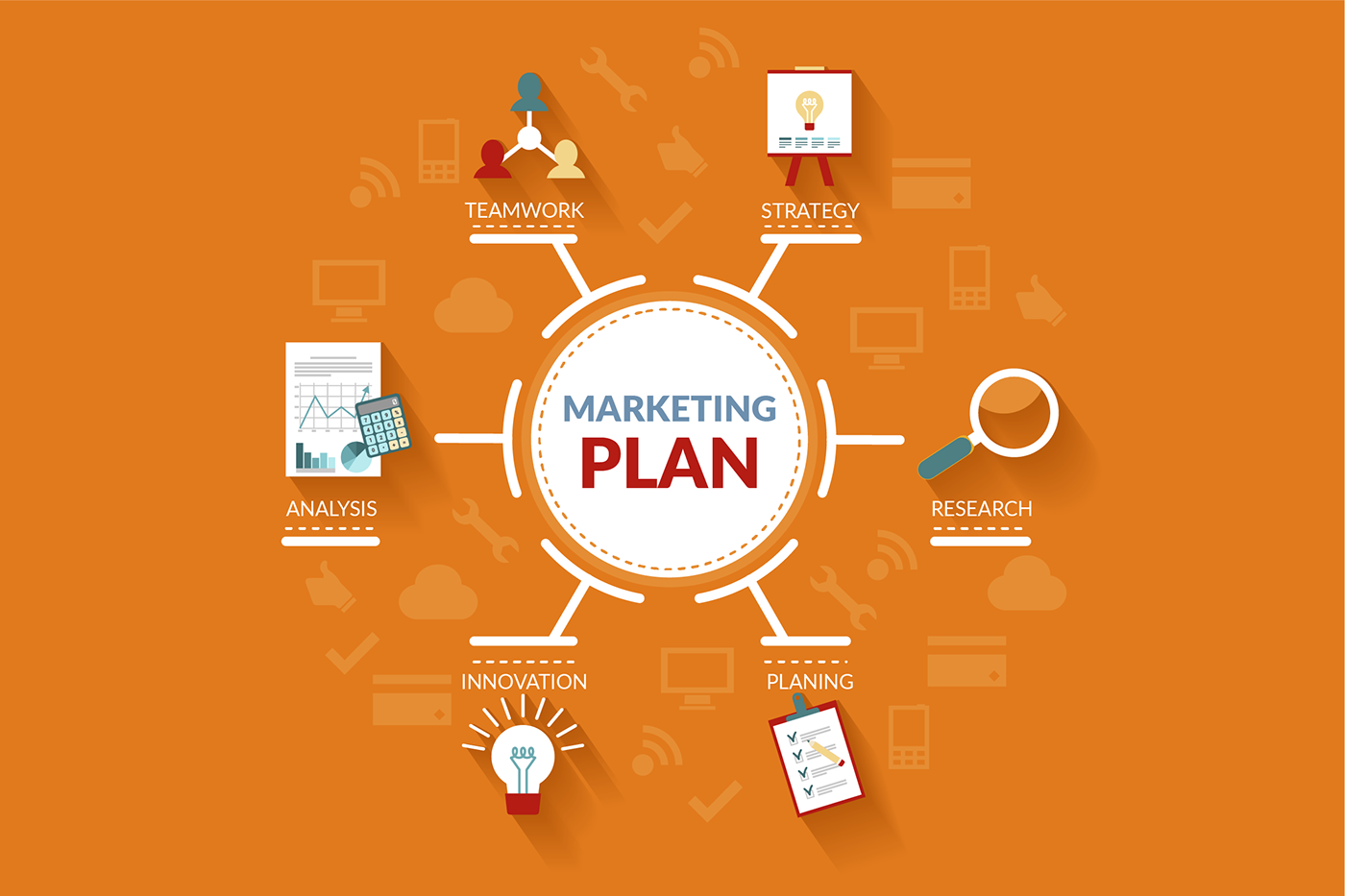Marketing Designer: The Evolution of Marketing Design in the Digital Age
The Evolution of Marketing Design in the Digital Age

In today’s rapidly evolving digital landscape, the role of marketing designers has become increasingly crucial for businesses seeking to establish strong brand presence and drive meaningful engagement with their target audiences. The field of marketing design represents a unique intersection of creative vision, strategic thinking, and technical expertise that professionals like Soban Amjad embody in their work.
The Modern Marketing Designer’s Role
Marketing designers services as the visual storytellers of brands, translating complex marketing strategies into compelling visual communications that resonate with audiences across multiple touchpoints. Their work encompasses a broad spectrum of deliverables, from digital advertising campaigns and social media graphics to brand identity systems and user experience design.
The contemporary marketing designer must possess a diverse skill set that extends far beyond traditional graphic design capabilities. They need to understand consumer psychology, digital marketing principles, user experience fundamentals, and brand strategy development. This multidisciplinary approach enables them to create designs that not only look aesthetically pleasing but also drive measurable business results.
Key Competencies in Marketing Design
Digital Marketing Integration
Modern marketing designers must be well-versed in various digital marketing channels and platforms. This includes understanding search engine optimization (SEO) principles for web design, creating assets optimized for pay-per-click (PPC) advertising campaigns, and developing content for social media marketing initiatives. The ability to design with performance metrics in mind sets exceptional marketing designers apart from their peers.
Brand Development and Strategy
Successful marketing designers understand that every visual element should reinforce brand identity and support overarching business objectives. They work closely with marketing teams to develop cohesive brand experiences that maintain consistency across all customer touchpoints, from email marketing campaigns to influencer marketing partnerships.
Technology Proficiency
Today’s marketing designers leverage sophisticated design software and platforms to create their work. Proficiency in Adobe Creative Suite, web development basics, and emerging design technologies has become essential. Many professionals also work with marketing automation platforms and customer relationship management systems to ensure their designs integrate seamlessly with broader marketing workflows.
The Pakistani Design Landscape
The marketing design industry in Pakistan has experienced remarkable growth in recent years, with professionals demonstrating exceptional talent and innovation. Cities like Lahore, Karachi, and Islamabad have become hubs for creative professionals who serve both local and international markets. This growth has been fueled by increased digitalization, the rise of e-commerce, and a growing understanding of the importance of strong brand identity in competitive markets.
Pakistani marketing designers have gained recognition for their ability to blend cultural authenticity with contemporary design trends, creating work that resonates both locally and globally. The increasing availability of high-speed internet and design education has enabled more professionals to enter the field and build successful careers.
Industry Trends and Future Outlook
Data-Driven Design
The future of marketing design lies increasingly in data-driven decision making. Successful marketing designers are learning to interpret analytics, conduct A/B tests on their creative work, and iterate based on performance metrics. This analytical approach ensures that design decisions are grounded in evidence rather than purely aesthetic preferences.
Sustainable and Ethical Design
There’s a growing emphasis on sustainable and ethical design practices within the marketing industry. Designers are becoming more conscious of their environmental impact and are seeking ways to create more sustainable digital and print materials while maintaining effectiveness and visual appeal.
Artificial Intelligence Integration
The integration of artificial intelligence tools in the design process is transforming how marketing designers work. While AI can automate certain repetitive tasks and generate initial concepts, human creativity and strategic thinking remain irreplaceable elements of effective marketing design.
Building a Successful Marketing Design Career
Portfolio Development
A strong portfolio remains the cornerstone of any successful marketing designer’s career. The most effective portfolios showcase not just visual appeal but also demonstrate the strategic thinking behind each project, including the problems solved and results achieved. Including case studies that outline the design process and measurable outcomes can significantly enhance a portfolio’s impact.
Continuous Learning
The rapid evolution of digital platforms and marketing technologies requires marketing designers to commit to lifelong learning. Staying current with design trends, marketing best practices, and emerging technologies is essential for long-term career success.
Client Relationship Management
Successful marketing designers understand that their role extends beyond creating visually appealing designs. They must be effective communicators, project managers, and strategic advisors who can guide clients through the design process while managing expectations and delivering results that align with business objectives.
The Value of Specialized Marketing Design
Marketing designers who specialize in specific industries or types of campaigns often command higher rates and develop deeper expertise that sets them apart in the marketplace. Whether focusing on e-commerce, B2B marketing, social media campaigns, or brand identity development, specialization allows designers to develop nuanced understanding of specific challenges and opportunities within their chosen niche.
Collaboration and Team Dynamics
Modern marketing design rarely happens in isolation. Successful marketing designers collaborate effectively with content creators, marketing strategists, developers, and account managers to ensure cohesive campaign execution. This collaborative approach requires strong communication skills and the ability to integrate feedback while maintaining design integrity.
Conclusion
The field of marketing design continues to evolve as new technologies emerge and consumer behaviors shift. Professionals who can adapt to these changes while maintaining strong foundational design skills will continue to find opportunities for growth and success. The combination of creative talent, strategic thinking, and technical proficiency that defines exceptional marketing designers remains highly valued in today’s business environment.
Read More Article https://theglobalnewz.com/




